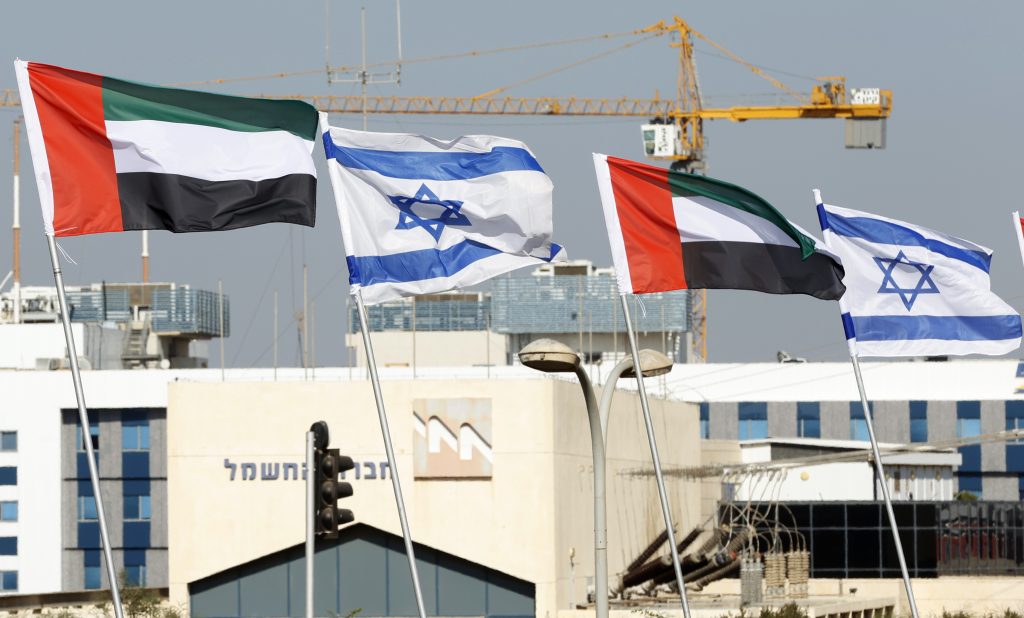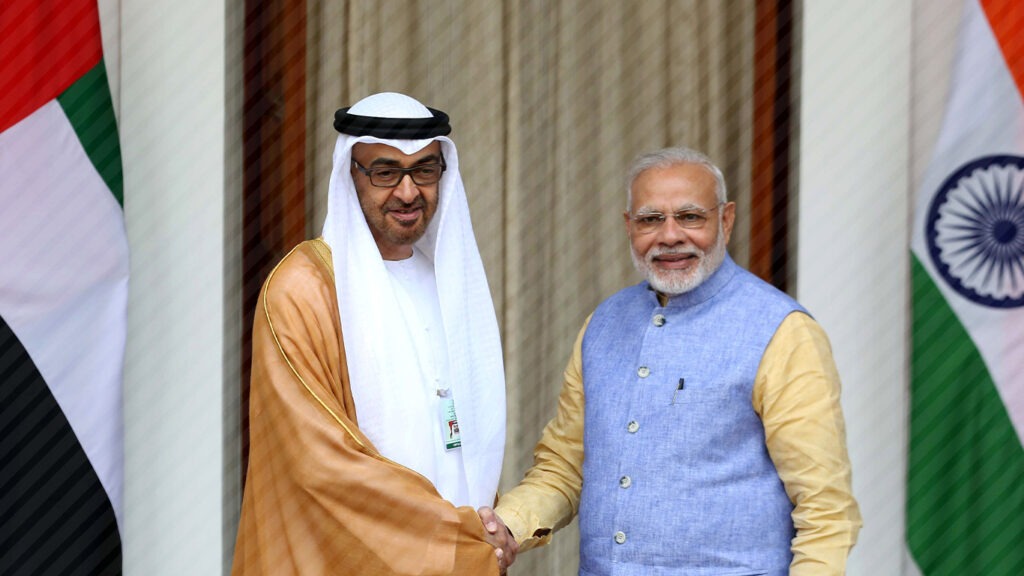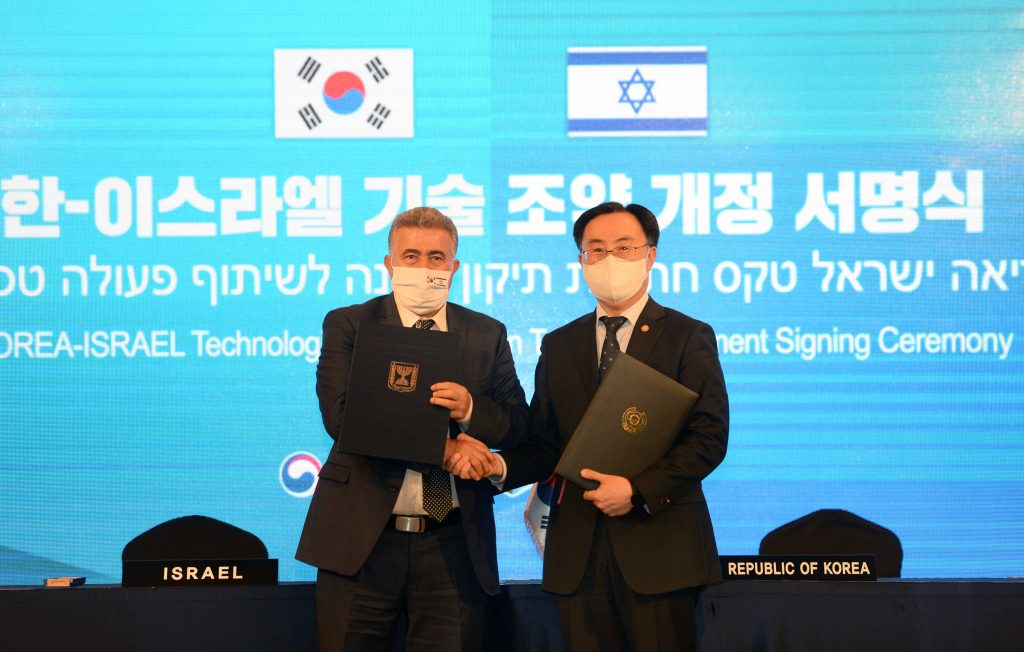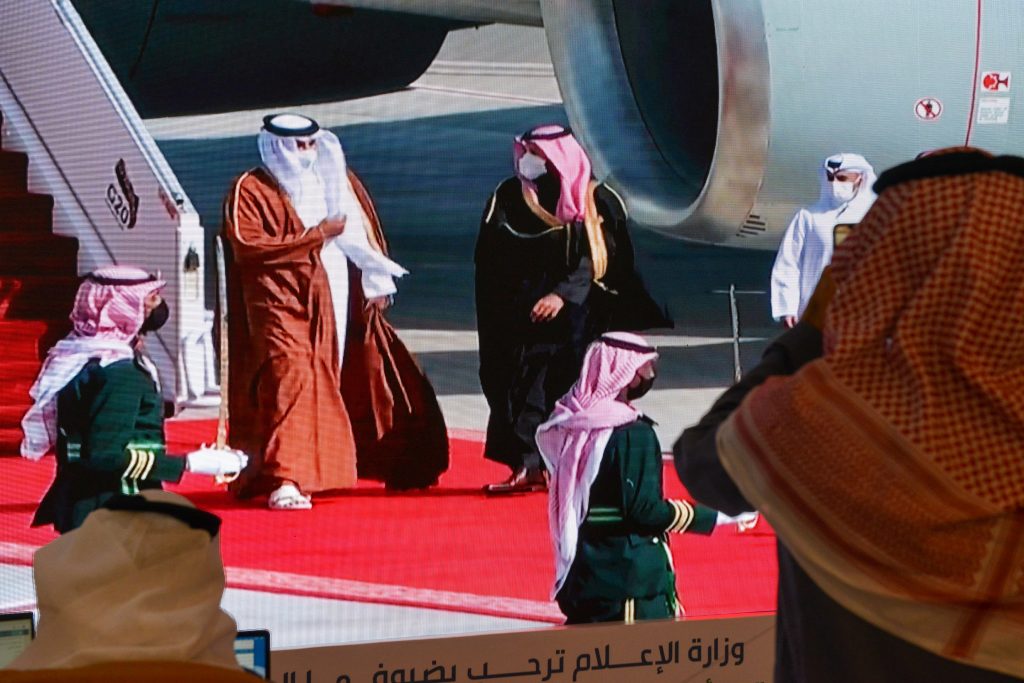The signing of the Abraham Accords between the UAE and Israel in August 2020, which sparked off the normalisation process between Israel and several other Arab states, was a culmination of the indirect or clandestine relations that Israel has had with some of the Gulf countries for about three decades. Israel established trade offices in Qatar and Oman in the mid-1990s and has long had clandestine intelligence cooperation with other members of the GCC such as Saudi Arabia, Bahrain and the UAE.
The Abraham Accords are, no doubt, vastly different from the peace agreements that Israel signed earlier with Egypt and Jordan. The GCC countries never fought wars with Israel although they have influenced the Israeli-Palestinian conflict to some extent.
The diminished US interest in the Middle East and with the sense of threat from Iran that Israel and the GCC countries share are among the broad factors that prompted the latter to countenance normalisation with Israel. But other factors may also have contributed to the normalisation process. Notably, pan-Arabism and pan-Islamism are less important today for the younger generation in the GCC states, which have been consciously pursuing policies aimed at creating national identities. This development has meant that the Palestinian issue no longer evokes the kind of visceral emotions it did in the past among young Arabs in the region.
Apart from these broad considerations, each member of the GCC has had different calculations in opening up relations with Israel and will reap different benefits from doing so while being constrained to some extent in pursuing the relationship to its fullest. For instance, Saudi Arabia is perhaps the country that has most staunchly supported the Palestinian cause among the GCC countries and therefore will be hesitant to formally normalise relations with Israel as long as the Palestinian issue is festering. In the case of the UAE, normalisation with Israel is seen by some observers as part of Abu Dhabi’s drive to enhance its growing military capabilities and establish itself as a technology heavyweight.
The Israel–GCC series of our journal Insights is aimed at taking stock of the Abraham Accords one year since their signing, mainly with a view to understanding the shifts that have taken place in relations between Israel and the GCC states and the possible trajectories, considering the constraints on the part of the Gulf states in dealing with Israel and the evolving geopolitical context.
Examples of submission topics include:
- the drivers behind normalisation;
- the evolution of Israel’s relations with the Gulf states in the spheres of economic, technological, security and other forms of cooperation;
- the political and social impact of normalisation on the Gulf states;
- the implications of normalisation for regional security;
- the long-term prospects for Israel’s relations with the Gulf states.
Submissions should be between 2,000 and 3,000 words and are due by 30 June 2021. For more information regarding submission requirements, please refer to the guidelines or send your enquiries to: Mattia Tomba / mattia@thepio.co





